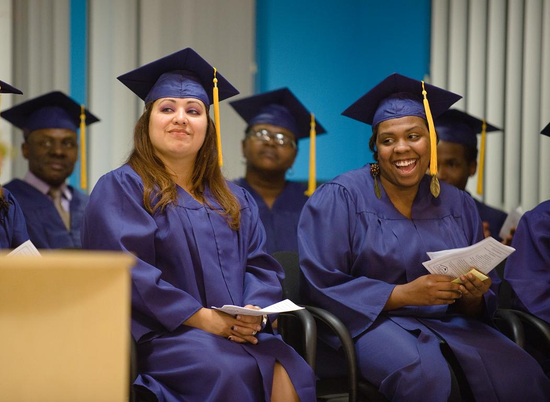The District's proposed FY2018 budget leaves significant funding gaps for a number of key programs that could better address the needs of the children and youth we serve every day.
Call to Action: we invite all our members and youth-serving organizations from throughout the District to join us at the Wilson Building on Thursday, May 11 to meet with Councilmembers and staff to advocate for a more youth-friendly District budget for FY2018!
Council markup on the mayor's proposed budget is scheduled for May 16-18, so May 11 is a critical time to reach out to members and remind them of the importance of our budget asks for DC's youth, which include:
- Transportation: $2 million to extend transportation subsidies to adult and alternative learners through the School Transit Subsidy Program
- Youth Homelessness: Up to $3.3 million more to fully fund the Year One objectives of the Comprehensive Plan to End Youth Homelessness
- Expanded Learning: An additional $5.1 million to fund the new Office of Out-of-School Time Grants and Youth Outcomes and better meet the need for quality youth development programming
- Youth Workforce Development: A comprehensive implementation plan for coordinating and funding youth workforce development initiatives to build on the progress of DC’s WIOA State Plan
- Per-Pupil Funding: A 3.5% increase in per-pupil funding in the FY18 budget to bring DCPS closer to an adequate standard for education funding next school year
- Proposed Tax Cuts: Ensure revenue is available to fund these and other critical priorities by delaying the $40 million in estate tax and business tax cuts slated for 2018
On Advocacy Day, we'll walk around the Wilson Building and visit Councilmember offices in teams. A DCAYA staff member will join each team to help support messaging and follow-up.
In order to make the most of your time as we reach out to Council staff, we ask that you RSVP for multiple time slots throughout the day on DCAYA Budget Advocacy Day. After you RSVP, you will also receive an invite to join us on an optional strategy call at 11am on Tuesday, May 9.
Thank you for all you do and we hope to see you on May 11!
And in case you missed it, check out our Actions for Budget Advocacy - Week 4 email.
























